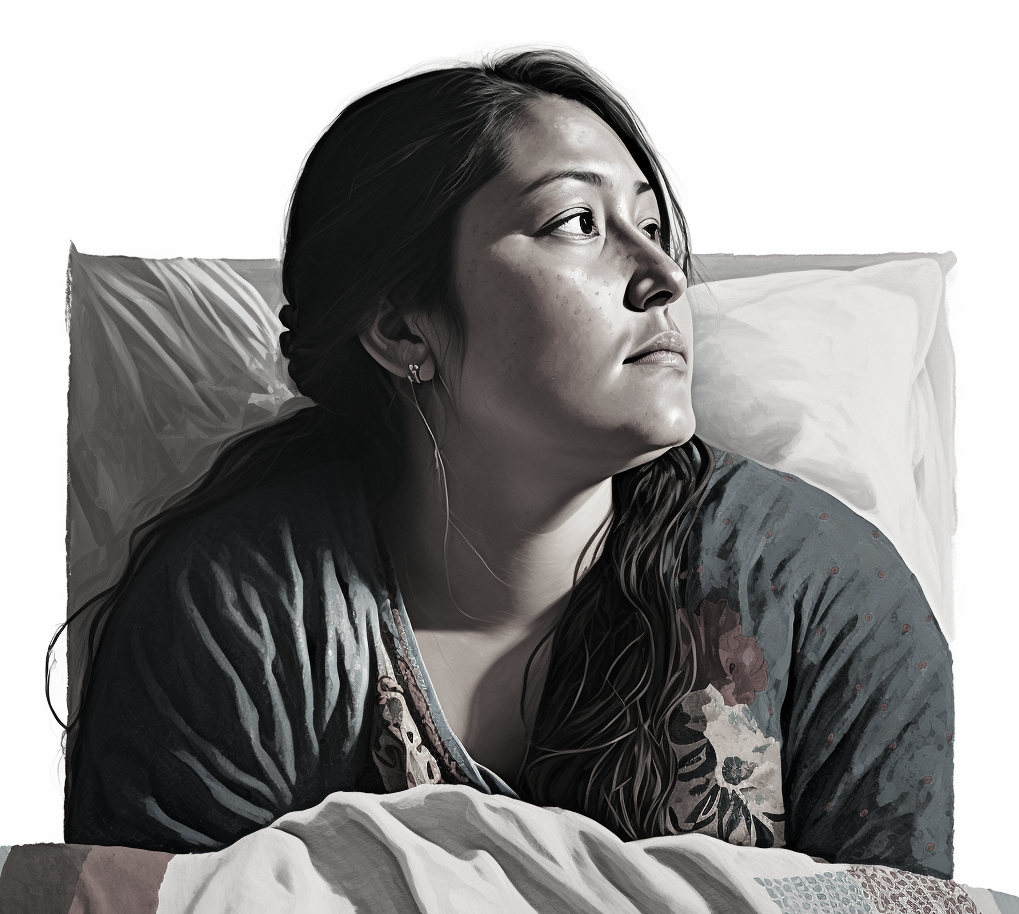Tag: mental health
-

Overcome Sleep Anxiety: CBT Techniques to Quiet Your Worrying Mind and Enhance Rest
Introduction: The Midnight Musings of a Worried Mind Ever found yourself wide awake at 3 a.m., your mind buzzing with a myriad of worries instead of blissfully counting sheep? Trust me, you’re not alone. Hi there, I’m a clinical psychologist, but you can think of me more as a friend who’s delved deep into the…
-

Navigating the Labyrinth of OCD: Reddit Versus Reality
As a clinical psychologist, I have witnessed the burgeoning dialogue about Obsessive-Compulsive Disorder (OCD) on various social media platforms, including Reddit. These forums offer a kaleidoscope of personal anecdotes, shared experiences, and a sense of community that can be both comforting and informative for individuals grappling with OCD. However, it is critical to distinguish between…
-

Resentment in Relationships and ROCD: Understanding the Cognitive Connection
In any romantic relationship, emotions run deep. Love, passion, and shared experiences form a strong bond, but along the journey, misunderstandings and conflicts can arise. Sometimes, negative emotions such as resentment can build up, potentially influencing our perceptions and reactions towards our partners. When combined with Relationship Obsessive-Compulsive Disorder (ROCD), a subset of Obsessive-Compulsive Disorder…
-

9 Tips: ROCD and General Anxiety Disorder
For as long as I can remember, I’ve been a worrier. But it wasn’t until my late twenties that I realized my worries weren’t just typical concerns; they were manifestations of General Anxiety Disorder (GAD). Every uncertainty, every unknown, felt like a looming threat. I believed that if I didn’t worry about something, it meant…
-

The OCD Paradox (and how to solve it)
I’m Eva, a wedding photographer who’s had the privilege of capturing countless beautiful moments. That joy was tainted when I was diagnosed with Obsessive-Compulsive Disorder. My version of OCD manifested in a unique way, and it turned my professional world upside down. My obsessions took shape as incessant, intrusive thoughts about ruining the happiest day…
-

10 famous people who are coping with OCD
Obsessive-Compulsive Disorder (OCD) is a mental health disorder that affects people of all ages and walks of life, and occurs when a person gets caught in a cycle of obsessions and compulsions. Many famous people have publicly shared their experiences with OCD, which has helped to raise awareness and reduce stigma associated with the disorder.…
-

4 signs that you may be unintentionally enabling your partner’s OCD
I had always relied on my spouse’s support to manage my OCD, but lately, I had started to feel like her efforts were doing more harm than good. It wasn’t until one evening when we were getting ready for bed that my spouse suggested that she would stop helping me that I realized how much…
-

Anxiety Management: Quick Relief or Long Term Change?
From the perspective of Cognitive Behavioral Therapy (CBT), seeking quick relief from anxiety may provide temporary relief, but it is not the most effective long-term solution. CBT focuses on identifying and changing negative thought patterns and behaviors that contribute to anxiety, and building coping skills to manage anxiety in the long-term. CBT approaches anxiety through…
-

4 tips for people who just found out they have OCD
I was recently diagnosed with obsessive-compulsive disorder (OCD). For years, I had struggled with intrusive thoughts and the need to perform certain behaviors in order to feel “safe” or “in control.” I had no idea what was happening to me and it was a very confusing and distressing time. But everything changed when I was…
-

3 CBT tips to deal with self criticism and depression
Self-criticism has been found to be related to depression in a number of studies. One study found that people who were high in self-criticism were more likely to be depressed, even after controlling for other variables. Another study found that self-criticism was a significant predictor of depression, even when other variables were taken into account.…
-

Postpartum OCD: 3 common themes
Obsessive-compulsive disorder (OCD) is a mental disorder in which people have unwanted and repeated thoughts, feelings, images, or sensations (obsessions) that make them feel driven to do something (compulsions). Postpartum OCD is a type of anxiety disorder that can develop after the birth of a baby. It is marked by obsessive and intrusive thoughts about…
-

5 tips for mental preparation to the holiday season
The holidays can be a tough time for people for a number of reasons. Studies have shown that the holidays can take a toll on people’s mental health, especially if they are struggling with depression, anxiety, or other mental health conditions. First, there is the pressure to spend time with family and friends, which can…
